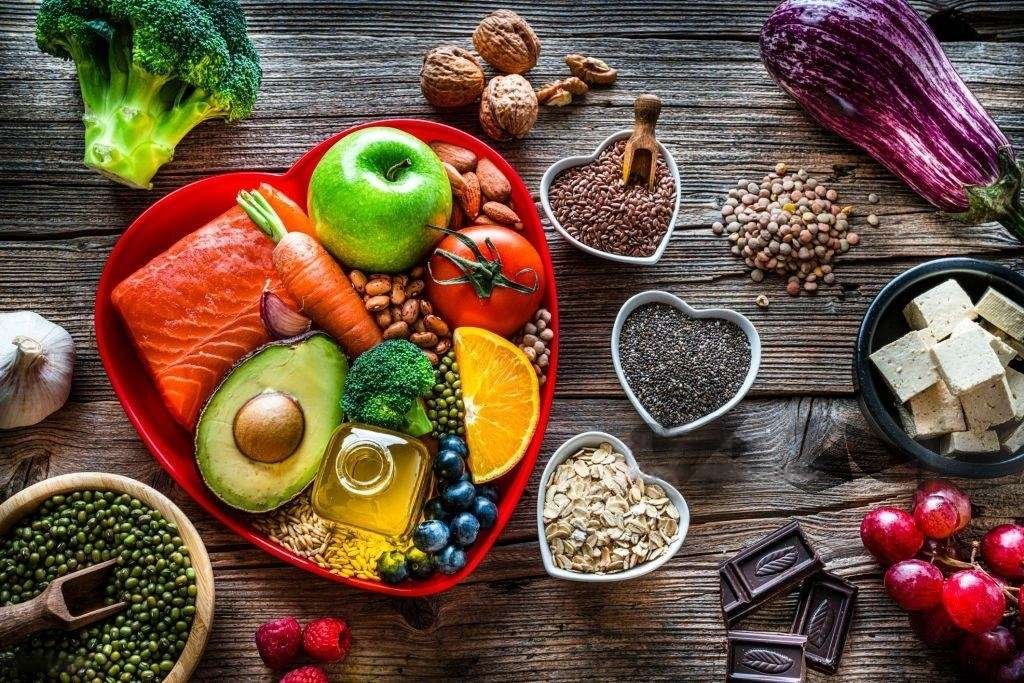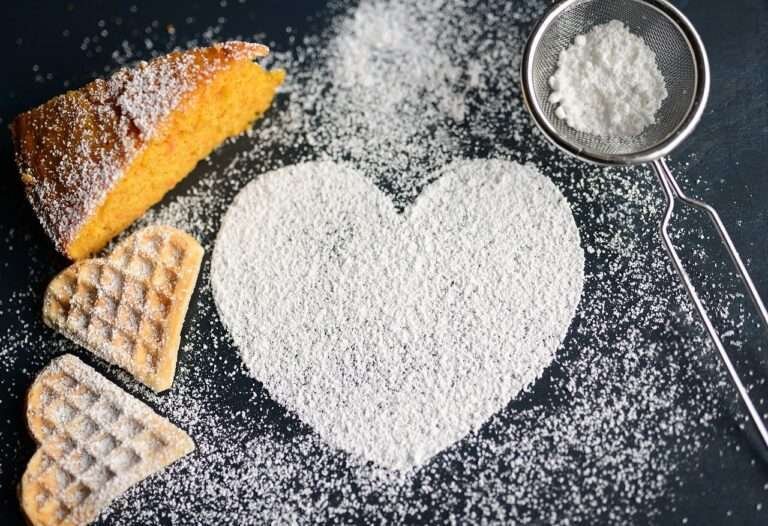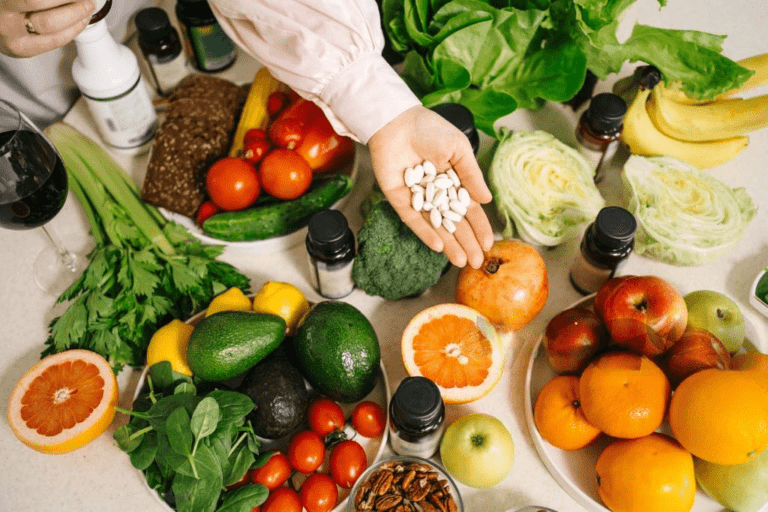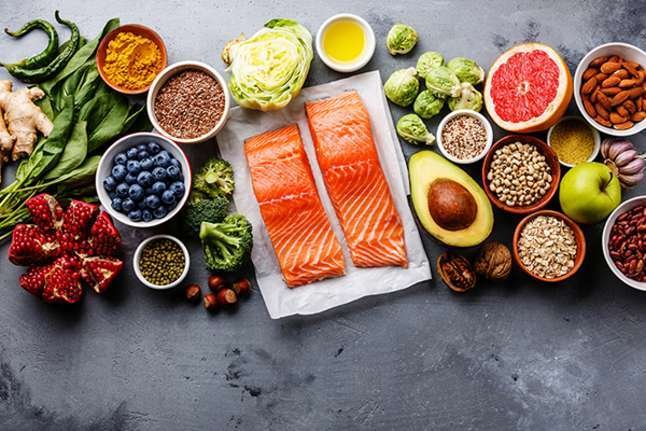Bad Foods For Your Heart Health You Need To Avoid
Introduction
Have a healthy heart to enjoy the fruits of good health. However, some of the edibles can seriously enhance the chances of cardiac diseases. It is very important to maintain heart health. Knowing what to steer clear of could be a matter of lifestyle or dying. In the sections that follow, we supply in-depth variations of heart-damaging foods and tips for what to devour as a substitute.

High-Risk Category: Processed Meats
Cooked meats like sausages, bacon, and deli have high levels of salt as well as nitrate preservatives. Research has repeatedly established that eating processed meats means a higher risk of coronary heart disease. The preservatives and high salt levels increase blood pressure and arterial stress.
Trans Fats: Hiding in the Open
Trans fats are a leading cause of heart disease, we can say around the world. Trans Fats found in trans fats Margarine, some packaged baked goods, and fast foods: Trans fats raise LDL (bad) cholesterol levels, and lower HDL(good) cholesterol Cutting our hydrogenated oils can make a huge difference in terms of your heart health.
Added Sugars — Refined Carbs The sweet enemy
It is a real weight tree that makes you become fatty foods high in refined carbohydrates and sugar such as white bread, baked goods, and mealy stuff showing sodas live-on-mise even can Protozoa on the way to metabolic syndrome. The point is, that both conditions put you at risk for heart disease. These foods result in a quick and high rise in blood sugar as well as insulin levels which can ultimately develop into the vicious cycle of insulin resistance and hen diabetes.
Salt: The Silent Culprit
Too much salt directly causes high blood pressure (a major cause of heart disease). As salt is present in all processed and fast food, it should be consumed cautiously every time. You can cut back on using salt in cooking by choosing herbs and spices instead.
Full-Fat Dairy Products
And while dairy can be healthy, full-fat products are high in saturated fats. Your cholesterol levels can rise with too much consumption, which increases the risk of heart disease. So replacing whole-fat dairy with low or non-fat versions are some practical steps you can take to keep your heart healthy.

The Truth about Fried Foods — To Fry or Not to Fry!
Fried foods are popular in lots of diets, but have a heart risk downside. Trans fat and calories rise by frying food. Fried foods are associated with an increased risk of heart disease from regular consumption. You can also bake them, or if you have access to a grill slice the zucchini and hit them on it for just about 1-2 min each side, flipping till done. Or in an air fryerr too!
Alcohol: Moderation is Key
Both moderate and binge drinking are associated with several heart problems, such as high blood pressure and dysrhythmias. The caveat is moderation; alcohol intake should be limited for heart benefits.
Heart Healthy Diet Tips
Adopting a heart-healthy eating plan can be easier (and less restrictive) than it may seem. Some little changes could make a lot of difference:
Include fruits and vegetables, which are high in fiber and antioxidants reducing the risk of heart disease.
Opt for whole grains over-refined as they help in maintaining features of heart health and blood pressure.
Choose good fats: healthy fat sources of avocados, nuts, and fish are heart-healthy.
Get moving: regular physical activity supports your dietary work to help keep your heart healthy.

Faqs
What foods are most harmful to heart health?
Foods that are high in trans fats, saturated fats, and refined sugars should be avoided. These include fried foods, processed meats, sugary snacks, and drinks, which contribute to high cholesterol and increased heart disease risk.
Why should I avoid trans fats for heart health?
Trans fats increase bad cholesterol (LDL) while lowering good cholesterol (HDL), leading to plaque buildup in the arteries. This can raise the risk of heart disease and stroke, so it’s essential to avoid processed foods with hydrogenated oils.
How does sugar affect heart health?
Excess sugar can contribute to obesity, high blood pressure, and insulin resistance, all of which are linked to a higher risk of heart disease. Reducing sugar intake from sugary drinks and processed snacks is key to protecting your heart.
What role does salt play in heart disease?
High sodium intake from processed and fast foods can raise blood pressure, putting extra strain on the heart. To protect your heart, limit foods like canned soups, salty snacks, and restaurant meals that are high in sodium.
Is red meat bad for the heart?
Red meat, especially fatty cuts, is high in saturated fats, which can raise cholesterol levels and increase heart disease risk. Limiting red meat and opting for lean protein sources like fish and plant-based foods is better for heart health.
Conclusion
Not eating these bad foods for your heart and making healthy choices, will drastically lower the odds of you getting heart disease. Eating healthfully is about more than just consuming fruits and vegetables instead of deep-fried fast food.
Read More: The Amazing Health Benefits of Eating Kiwi Fruit Daily






